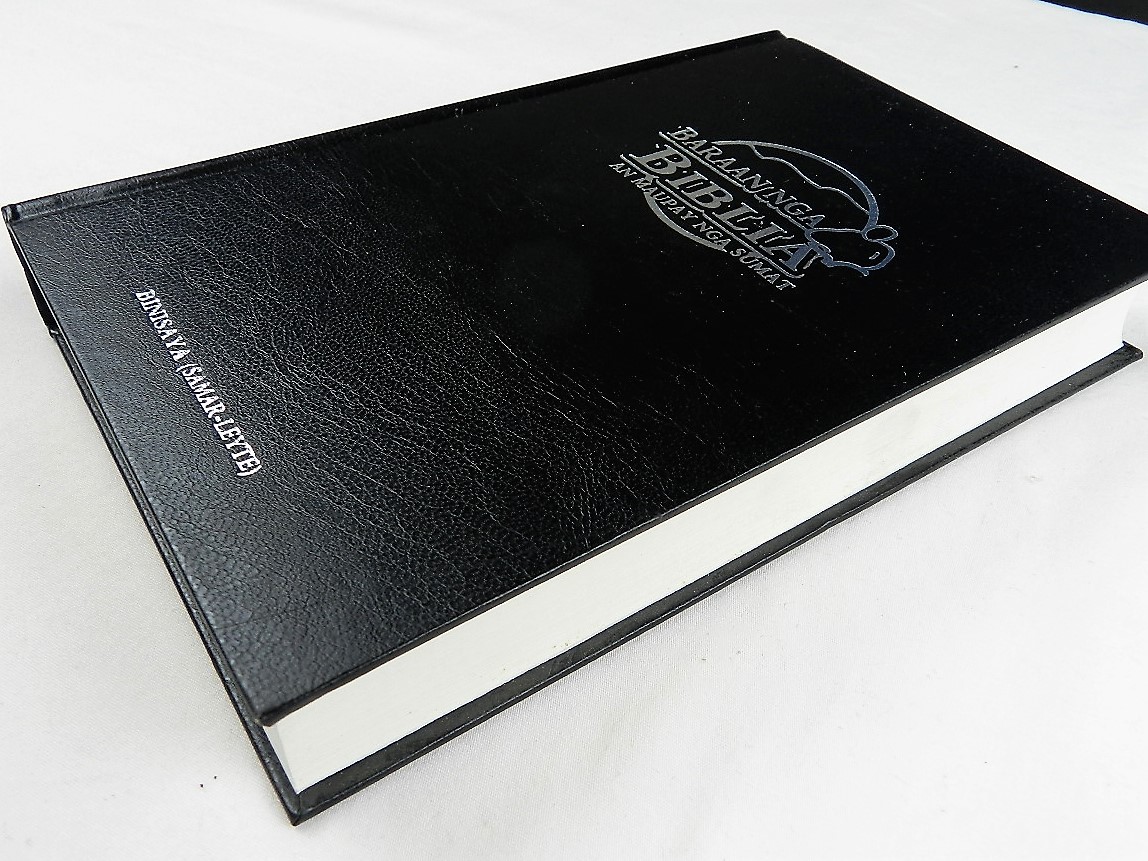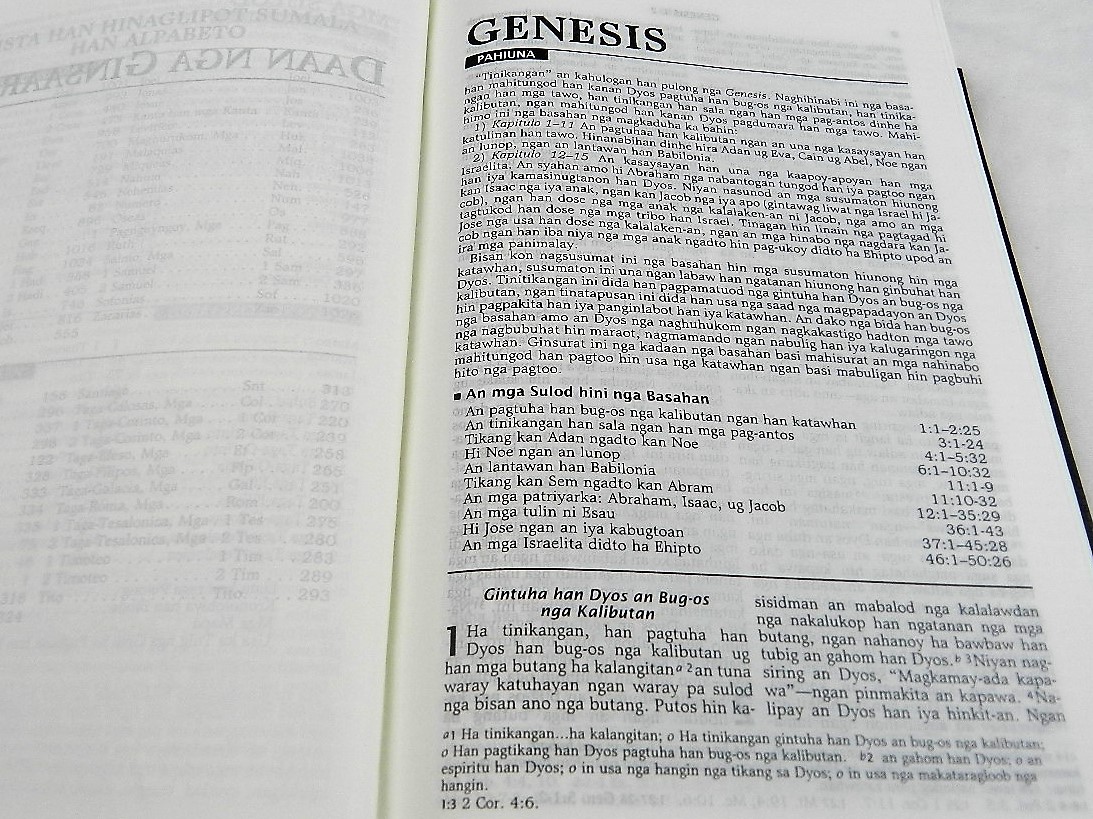Product Overview
Waray Language Bible / Baraan Nga Biblia, An Maupay Nga Sumat / Binisaya Samar-Leyte Visayan Waray Samarenyo Bible
Product Features
- Language: Waray (Wáray-Wáray or Warai), a prominent regional language of the Philippines.
- Edition: Contemporary with a 40-year legacy of faithful translation.
- Binding: Hardcover for durability.
- ISBN: 9789712901188.
- Publication Year: 2014.
- Page Count: 1,398 pages.
- Special Features:Word List (Lista han mga Pulong)
Summary
The "Waray Language Bible / Baraan Nga Biblia, An Maupay Nga Sumat" is a vital spiritual resource for the Waray-speaking community, offering a contemporary version of the Bible in the Samarenyo language. This edition is designed to meet the needs of readers seeking a modern and accessible translation of the sacred scriptures, with additional tools to enhance understanding and engagement.
Interesting
Waray is the fifth-most-spoken native regional language in the Philippines and the third most spoken among the Visayan languages. The translation of this Bible reflects the unique linguistic characteristics of Waray, providing an authentic reading experience for the ethnic Visayans of Samar and Leyte.
Reviews
As of now, specific reviews for this edition of the Bible are not available. However, the translation's 40-year history suggests a well-established and respected place in the Waray-speaking community's spiritual life.Please consider sharing your experience with this Waray Language Bible and our sale service by writing a review.





















